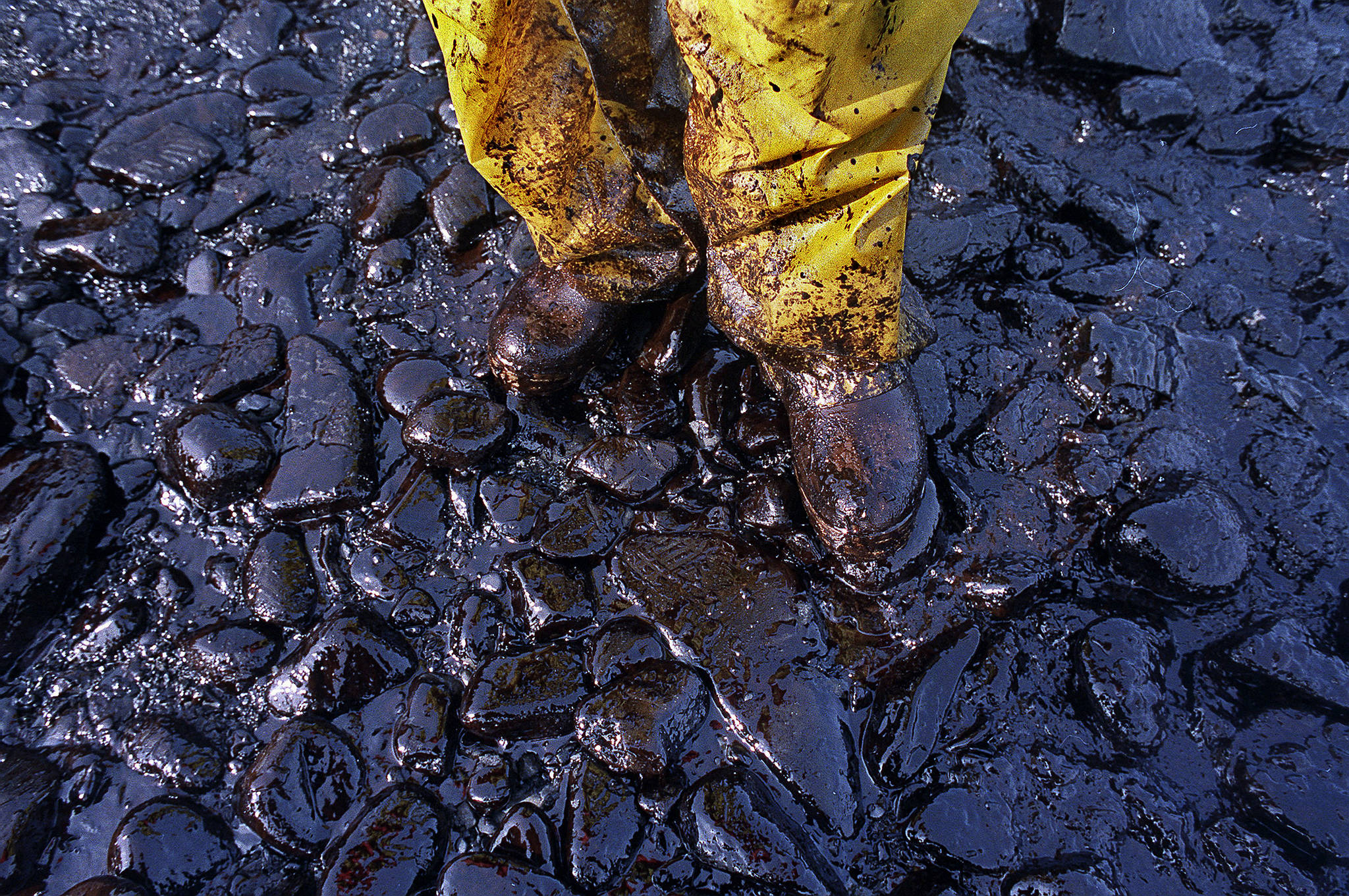Thirty years ago, the 1989 Exxon Valdez oil spill forever changed our relationship with Alaska’s oil production and transportation industries. Devastated by the enormity of the spill, the resulting suffering and long-term consequences — many of which we still feel today —A laskans recognized that we had to work together in order to protect ourselves and our communities. Acting as stewards, citizens worked with regulatory agencies, industry, and resource trustee agencies in good faith to develop regulations that recognized and sought to minimize the inherent risks of transporting oil across state waters.
Working together, we wrote and passed Alaska’s spill prevention and response regulations which are, today, widely considered the best in the country, if not the world.
That well-deserved reputation is now under threat. An effort is underway that could strip away Alaska’s oil spill safeguards, which have proven so successful for so many years.
The State of Alaska has opened for review about 40 sections of regulations, and their governing statutes, that cover numerous aspects of spill prevention and response planning for crude oil terminals, tankers, oil and gas exploration and production facilities, and pipelines. In announcing the review, the commissioner of the Alaska Department of Environmental Conservation stated: “I’ve heard from many Alaskans that contingency plans are unnecessarily burdensome while lacking corresponding environmental benefits.”
The goal of the State’s review is simple: to make our regulations less burdensome to industry. The message the State is sending to Alaskans is clear: the long-term health of Alaska’s coastal communities is secondary to the oil industry’s bottom line. This course of action should alarm us all.
Weakening or eliminating oil spill prevention and response requirements to ease a perceived “burden” on industry effectively transfers the risks of transporting oil onto the backs of communities, fishermen, subsistence users and citizens who depend on clean coastal waters. A great many people worked hard to establish a level of protection from oil spills, which was nonexistent before March 24, 1989.
Clearly, we have to marshal our forces again. To say now, after 30 years, the regulations are suddenly too burdensome is frustrating and warrants a strong response.
Halting this initiative requires a concerted effort from all of us. Please join CIRCAC in sending a forceful message that Alaskans are not interested in weakening the well-crafted oil spill protections put in place since the Exxon Valdez. Alaskans are proud of our reputation as world leaders in oil spill prevention and response. We refuse to revert to the complacency of the past. Call your legislators, talk to your community’s mayors, assembly and council members, your friends and neighbors, and ask them to oppose changes to Alaska’s oil spill oversight laws and regulations.
The deadline to comment is January 15, 2020. To submit comments to the Alaska Department of Environmental Conservation, click on http://alaskadec.commentinput.com/?id=fdLgJY2gM
About the Cook Inlet Regional Citizens Advisory Council: After the Exxon Valdez oil spill, Congress enacted the Oil Pollution Act of 1990 that included, among other things, citizen councils for both Cook Inlet and Prince William Sound. Congress found that complacency on the part of industry and regulators played a role in the spill and one way to combat this complacency was to involve the public, those with the most to lose in the event of a large spill, in decisions that impact the safe transportation of oil. The Cook Inlet Regional Citizens Advisory Council has been carrying out the vision of Congress for nearly 30 years in representing citizens to promote environmentally safe crude oil transportation and production in Cook Inlet.
By Michael Munger, executive director, Cook Inlet Regional Citizens Advisory Council

